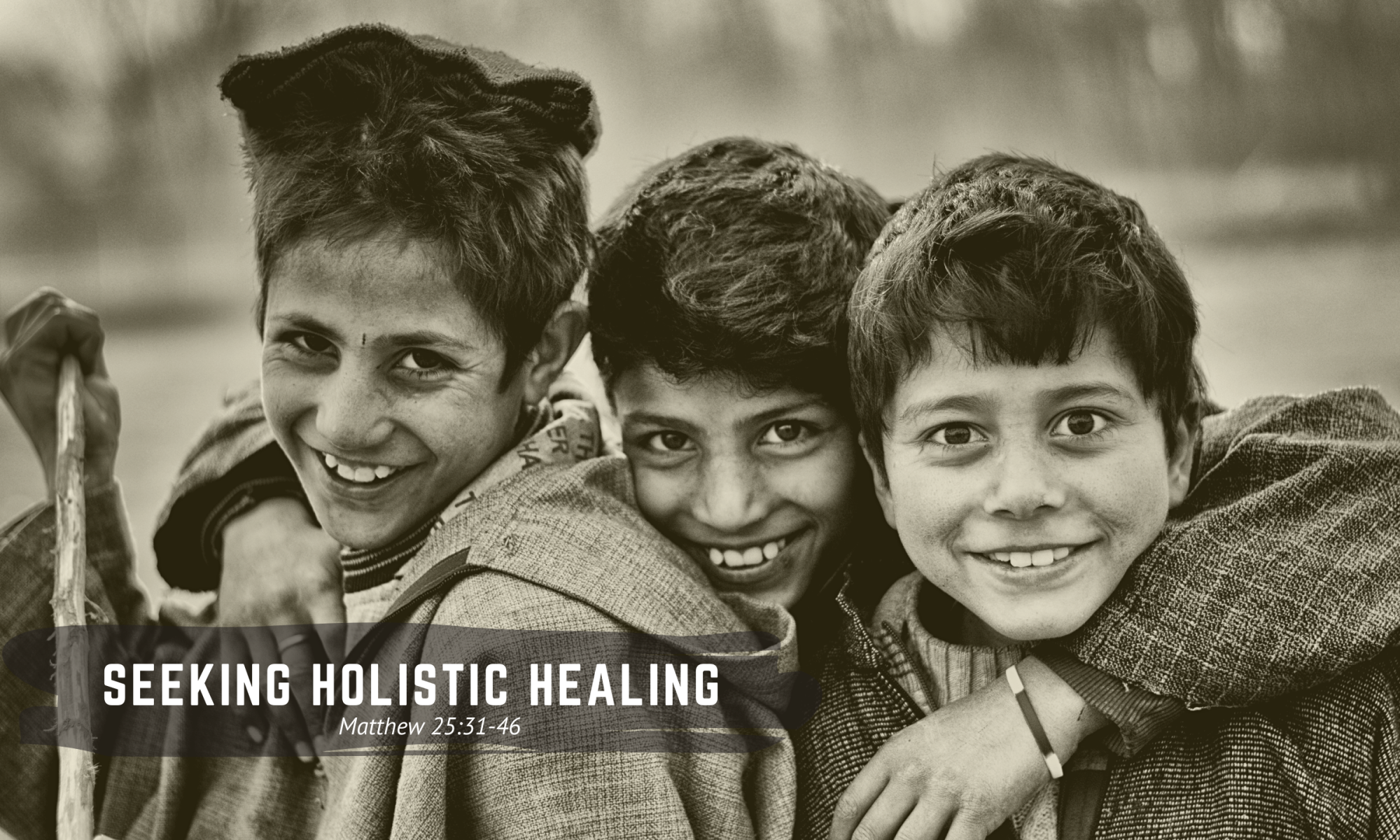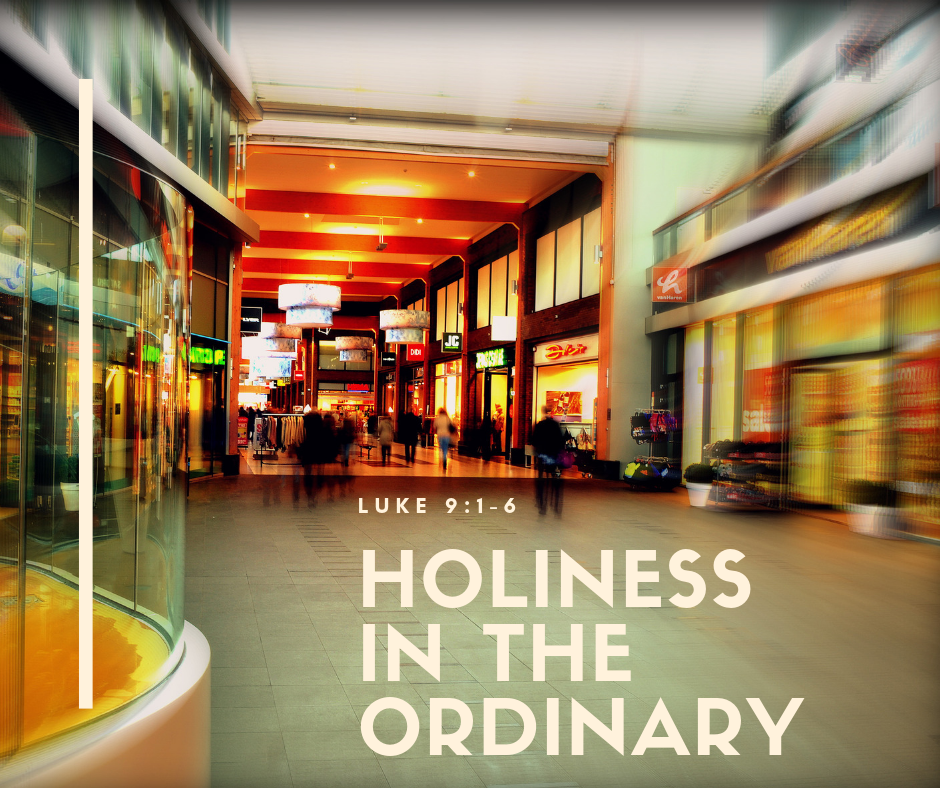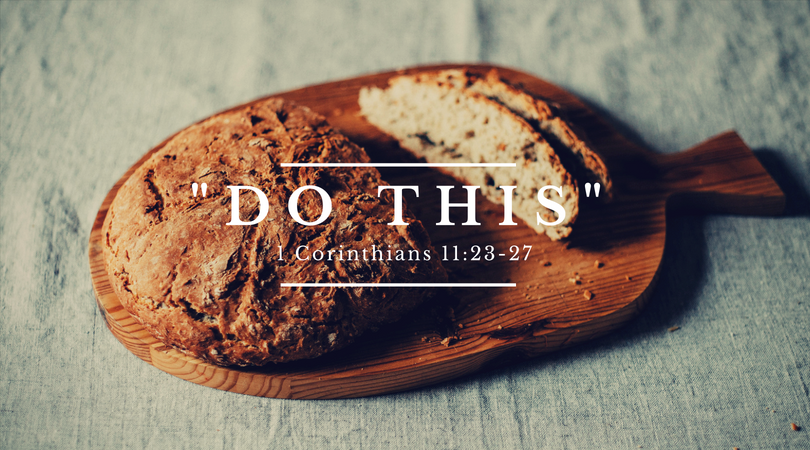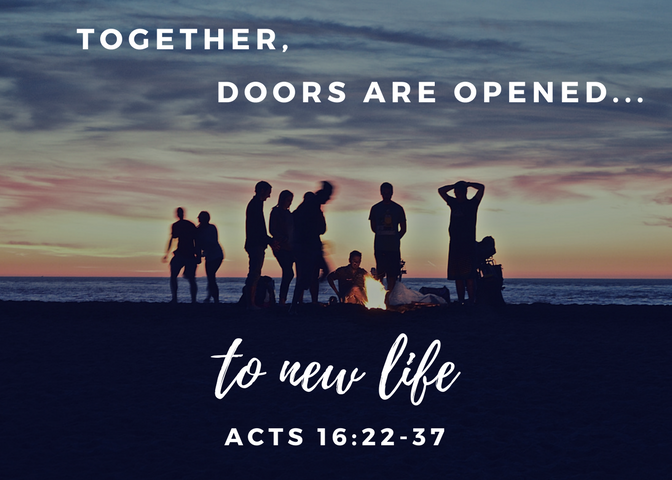If you asked 100 people the question, “What is the Church?” you might get 100 different answers, or at least dozens of variations. From the very beginning of the Church, as recorded in Luke’s history known as the Acts of the Apostles, one of the Church’s most fundamental characteristics was caring for the vulnerable (see Acts 2:42-27, 6:3-7) And rightly so, as caring for the vulnerable is expressed over 2000 times in the Bible!
In one of the Bible’s most memorable and powerful depictions of the vulnerable, Jesus Christ even identifies himself as part of that number (see Matthew 25:31-46). So there is little debate about the role of the Church as a helper to the needy. What is less easy to conclude, however, is what that help ought to look like. And the troubling reality is that sometimes when we think we are helping someone in need, we might be actually perpetuating not only their deeper poverty, but our own as well.
When we consider what it means to help someone, in particular someone suffering from poverty, we must keep our focus on the larger goal: to seek holistic healing for others and ourselves.
For many of us, helping the vulnerable begins with helping to supply material needs. And note — this is a good thing! If you haven’t clicked the scripture above, go back and take a look. Jesus refers to food, clothes, and acts of healing. And yet, his examples also move from material needs to relational needs: visiting the sick, visiting the prisoner. As we mature in our helping endeavors, we begin to understand the underlying relational pain that both contributes and results from material lack.
But there is another level of maturity we must reach in our endeavors to help. We must recognize when our help has implicitly (and usually unintentionally) made us feel superior to those whom we’re trying to help. Until we recognize that natural tendency, even our help is liable to perpetuate the relational poverty from which — take note here — not only the “poor” suffer, but from which we all suffer.
Understanding that we are all impoverished, despite what is in our bank accounts, is perhaps the most fundamental step toward holistic healing. So here are five principles to consider when we want to help others as an expression of God’s love:
To seek holistic healing for others and ourselves, we remember
- We need healing as much as those whom we’re trying to help.
One of the roles of the spiritual disciplines in our lives is to help us maintain awareness that God is God, and we are not. Through our reading of scripture, our prayer life, and our time in Jesus’ community, we’re reminded that not one of us is without the need for the Great Physician. But remember, this is not a binary truth — we are both in need of healing, and able to offer healing. So to the next point: - We are multi-faceted beings.
What a disservice we do to ourselves and humanity in general when we oversimplify what we are! Even the psalmist is overwhelmed by human beings: “What are human beings that you should care for them?…and crown them with glory and honor?” (Psalm 8:4-5). The beautiful complexity that we are as human beings is part of the very gift we offer someone vulnerable when we enter their story and commit to be present with them in their struggle. - We all have talents and strengths we can use to empower others to discover and use their own talents and strengths.
This morning, we were blessed to meet a family whom we know through our Safe Haven Ministry. What struck me right away was how much they clearly have to offer. Yes, moving to the US from the Ukraine is an enormous endeavor (the word “crisis” comes to mind) and creates great need that we can help meet. But these two parents and their three lovely children have so much to offer. The mother is in college classes. The father is commuting to his job as an electrician assistant. And the kids? Well, the kids just bless us by being there, don’t they? - There are no shortcuts to lasting change.
But of course, it has been only six months since they moved here, and while they are doing well the truth is that only one minute at a time will pass by. Their role in this city and relationship with this congregation will grow and mature at the same rate as anything else would. We dare not make the mistake of believing that an apartment and job are “all it takes” for them to be content. We choose to humbly commit to the long road of relationship and holistic health and prosperity under God’s grace. Because: - Jesus is the ultimate creator, sustainer, and redeemer of the world.
Here is perhaps the most important characteristic of our “help” as the Church. We recognize that every breath, and every morning, and everything we can give to someone else is grounded in a gift that was first given to us by our Creator. And moreover, that even having been given life, our life is also saved, rescued, preserved, and redeemed by the One who lived the life all human beings were designed to life. Jesus Christ, whose life was and is the perfect expression of being made in God’s image, resonating with God’s will, and expressing that will in the form of wholeness and healing for his neighbor, and ultimately for the world.
For Reflection:
- Take an inventory: what experiences have you had of helping vulnerable people?
- Looking at those experiences, do you find that you’re understanding the kind of superiority that “helping” can inadvertently lead us to feel?
- Take an inventory: what experiences have you had of BEING helped when you were vulnerable?
- Looking at those experiences, what was it like to be vulnerable and in need of help? Did you feel like you also had something to give, even in your time of vulnerability?
- Consider: what kinds of “poverty” might there be in your neighborhood, which may or may not be a poverty of material needs?
- Pray: ask the Holy Spirit to guide your mind toward how and where you are equipped to enter a process of holistic healing in your neighborhood, for others and for yourself.











